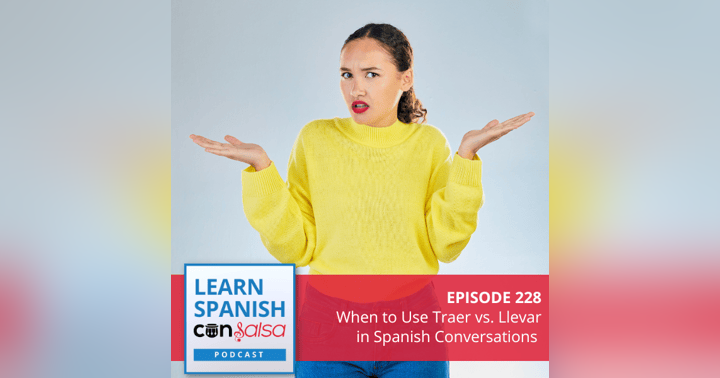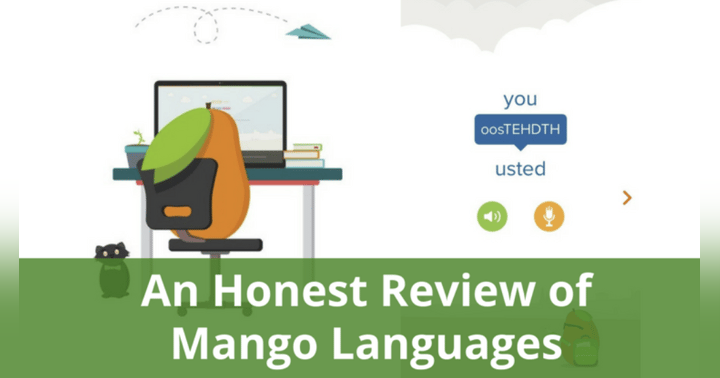Your Ultimate Guide to Caribbean Spanish Slang, Words, and Expressions

The Caribbean is, simply put, paradise. It’s also home to a large Spanish-speaking population that expresses the language with unique Caribbean Spanish words and expressions.
When I first started learning Spanish, I didn’t consider the Caribbean. In Spanish class in school, I learned about Spain and Mexico.
When I thought about the Caribbean, I thought about the Bahamas, Trinidad, Jamaica, and the Virgin Islands. When I thought about the language in the Caribbean, I thought about Patwah and the distinct accent of Caribbean English speakers.
I was surprised to learn that Spanish speakers outnumber speakers of other languages in the Caribbean by 4 to 1.
Due to the history and geography of the region, Caribbean Spanish speakers have a unique way of speaking the language.
If you are learning Spanish as a second language, understanding some of these differences is critical when interacting with Spanish speakers.

Why Should You Learn Caribbean Spanish?
The Caribbean islands are sought-after travel destinations for many reasons. The rich culture, delicious food, welcoming people, and pristine beaches are at the top of the list.
Learning some Caribbean Spanish will help you have a much more interesting travel experience than if you visit with a tourist mindset.
Even if you don’t plan on traveling to the Caribbean, you will find many Caribbean Spanish speakers living in other parts of the world.
As I mentioned in the What Type of Spanish Should I Learn? article, if you live in the US metropolitan areas of Philadelphia, Orlando, Boston, Tampa, New York, New Jersey, Miami, Chicago, or Washington, DC you will likely find Latinos from the Caribbean islands of Puerto Rico, Cuba, and the Dominican Republic.
Sizeable populations of Caribbean Spanish speakers can even be found in Spain and South America.
And lastly, some of the best food and music comes from the Caribbean. Being able to order food at your local Dominican restaurant, or enjoy the latest salsa, reggaeton, or bachata hit are reason enough to learn Caribbean Spanish.
Caribbean Spanish 101
Throughout the centuries, the Spanish language has gone through a chaotic evolution of dialects. In the Americas, Spanish quickly absorbed the native indigenous languages.
The Caribbean in particular has had its fair share of cultural influences, well after Christopher Columbus first set foot on the island of Hispaniola (modern Dominican Republic and Haiti).
The major influences on the unique variety of Spanish spoken in El Caribe (The Caribbean) come from African, European (Spanish, English, and French), and Indigenous languages.
In the 1500’s, the Caribbean islands were heavily populated by African slaves that spoke various African tongues, as well as an indigenous Taino population that had their own native language.
Both populations were being ruled by Spanish conquistadors that came primarily from the Andalusia region of southern Spain. For that reason, much of the Caribbean Spanish dialect most closely resembles Spanish spoken there.

This mix of cultural influences has created a unique culture in the Caribbean, which is expressed through the music, food, and language in the region.
Today Caribbean dialects of Spanish are spoken in the Dominican Republic, Puerto Rico, Cuba, and the Caribbean coasts of Central and South America (especially Colombia, Panamá, and Venezuela).
Many people recognize Caribbean Spanish speakers for speaking loudly and quickly.
The two most common roadblocks that both Spanish learners and native Spanish speakers face when talking to a Spanish speaker from the Caribbean are accent and vocabulary.
Caribbean Accent
Goodbye Letter “D”
One of the distinct characteristics of Spanish spoken in the Caribbean islands is omitting the letter “d” in spoken language. When the letter “d” appears between two vowels, it is generally not pronounced.
For example, instead of saying “enamorado” (in love), a Caribbean Spanish speaker would say “enamora’o.” The word “cansado” (tired) is pronounced “cansa’o.” In general, any word ending in “-ado” will sound like “-a’o”.
Feminine words ending in “-ada” are just pronounced with a stressed “a” sound, omitting the “d” entirely. A female would say “estoy cansá” instead of “estoy cansada.”
Swallowing the Letter “S”
Another common characteristic of Caribbean Spanish pronunciation is swallowing the letter “s.” Generally, the letter “s” is not pronounced or sounds like an aspiration.
This is noticeable at the end of words, but also applies to the “s” sound in the middle of a word.
The word “pescado” (fish), for example, sounds like “pe’ca’o” in Caribbean Spanish.
“¿Qué quieres?” (What do you want?) actually sounds like “¿Qué quiere’?“
If you’re familiar with Spanish grammar, it may sound like the tú conjugation is being confused with usted, but it’s just a feature of the accent.
Word Order Changes
In Caribbean Spanish, the pronoun generally comes before the verb in questions. For example, the question “¿De dónde eres tú?” (Where are you from?) becomes “¿De dónde tú ere’?”
The change in word order may sound grammatically incorrect, but it is fairly common in day-to-day speech in the Caribbean.
Caribbean Spanish Vocabulary
Caribbean Spanish has its own unique vocabulary and expressions. Often a mix of English and words from the indigenous languages of the area, these are words you will not hear anywhere else in the Spanish-speaking world.
If you hear one of these words, you are almost certainly talking to someone that is from or has had a lot of exposure to Caribbean Latino culture.
While there are specific words, phrases, and expressions unique to each island, the following words are common among all Caribbean Spanish speakers:
1) Jeva – woman, chick, young lady, woman
Synonyms: mujer, chica, muchacha, mujer
Examples:
Mira a la jeva caminando.
Look at the chick that’s walking.
Las jevas de La Habana son bellas.
The women of Havana are beautiful.
2) Guagua – refers to a bus, van, or SUV
Synonyms: Autobús
Examples:
Yo voy a trabajar en guagua.
I go to work on bus.
El papá de Julian es chofer de guagua.
Julian’s dad is a bus driver.
3) Dale – interjection demonstrating approval, meaning “OK,” “that’s fine,” or “go ahead”
Examples:
Ve tú primero, dale.
You go first, go ahead.
Ella me preguntó si quería que me preparara café. ‘Dale,’ le dije.
She asked if I wanted her to make me coffee. “Okay” I said.
4) Rebulú – trouble or a fight between people
Synonyms: problemas, pelea
Examples:
Se armo un rebulú en la discoteca.
There was a bar fight at the club.
Ahí siempre tienen un rebulú.
There always trouble there.
5) Socio / Socia – close friend
Synonyms: amigo, consorte
Examples:
Arturo y Raúl son socios.
Arturo and Raul are good friends.
Carlos era mi socio pero nos fajamos hace 3 años y ya ni hablamos.
Carlos was a close friend, but we fought 3 years ago and now we don’t even speak.
6) Yuca – a root vegetable used to make cassava bread and also eaten boiled or friend in a variety of Caribbean dishes
Synonyms: Casava, Yucca

Examples:
Vamos a hacer un puré de yuca.
Let’s make some mashed yucca.
Esta yuca es muy blandita.
This yucca is very bland.
Now you have an idea of the flavor of Spanish spoken in the beautiful islands of the Caribbean.
I hope this has demystified some of the misconceptions of what’s said to be the most difficult dialect of Spanish to understand.
Here are some resources for learning more Caribbean Spanish:
- Dominican Spanish 101
- Dominican Spanish Course
- Cuban Spanish Guide
- Cuban Spanish Course
- Puerto Rican Spanish Slang











